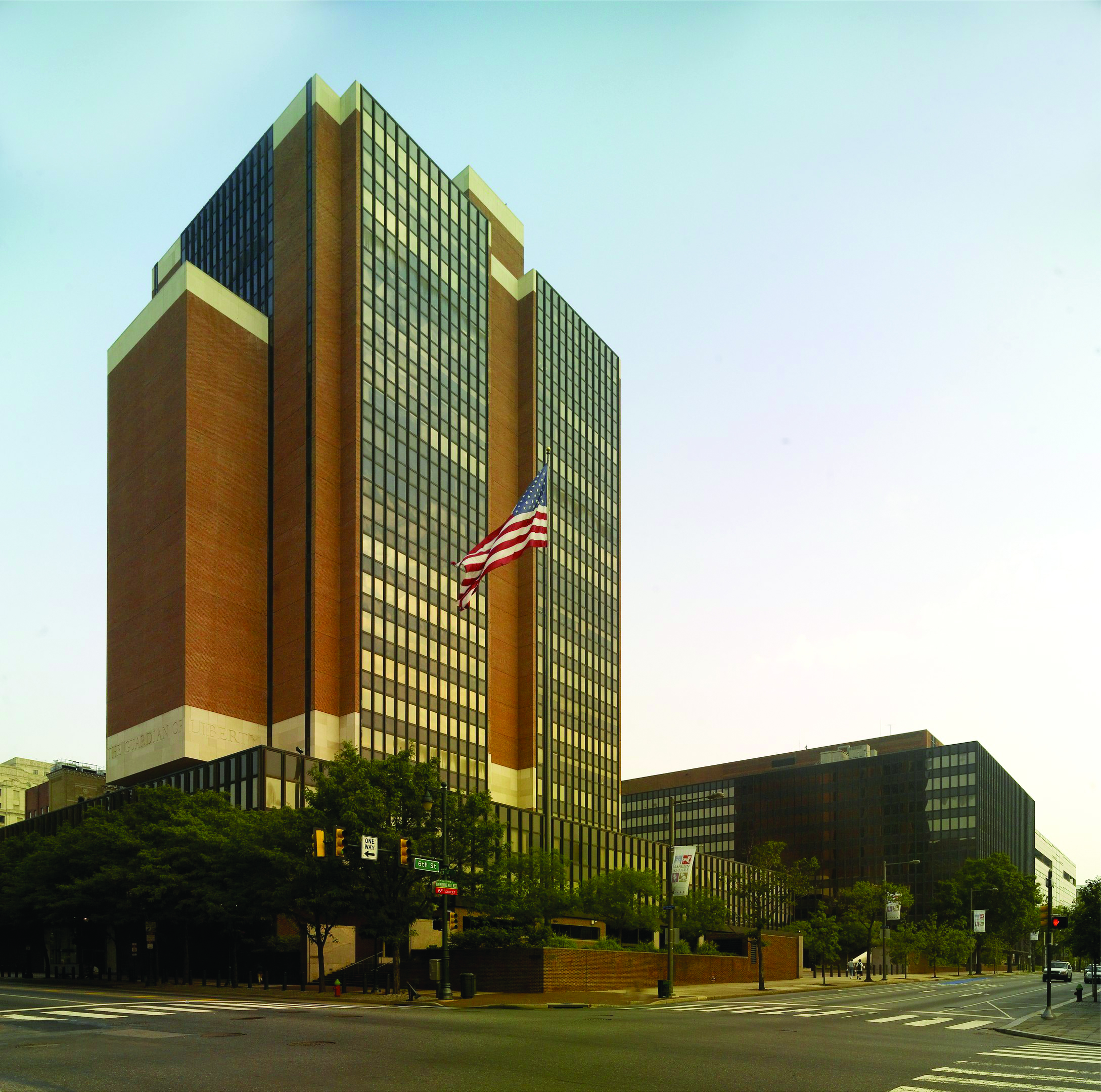FCC, 3rd Circuit Square Off — Again

The smarter way to stay on top of broadcasting and cable industry. Sign up below
You are now subscribed
Your newsletter sign-up was successful
With every pandemic-driven, shelter-in-place day feeling like Groundhog Day, it is appropriate that the deadline for the latest installment of the endless broadcast deregulation saga has come due.
The FCC has been trying to come up with a deregulatory regime that passes muster with the 3rd U.S. Circuit Court of Appeals since the first Bush administration, with remand after remand by the court sending the plan back to the commissioners.
The FCC’s frustration with the court is evident in Solicitor General Noel Francisco’s latest petition to the Supreme Court, challenging the 3rd Circuit decision on behalf of the regulator.
Multiple commissions have concluded that allowing broadcasters more ownership flexibility in a market crowded with competing content providers — cable, VOD, satellite, OTT — is in the public interest. The current FCC told the Supreme Court on April 17 that the 3rd Circuit's repeated obstruction of that effort "[has] saddled broadcast markets nationwide with outdated rules that the FCC has repeatedly concluded — and that the panel has acknowledged — are preventing struggling traditional outlets from entering transactions that would allow them to retain economic vitality."
The struggle has been exacerbated by the COVID-19 crisis. The National Association of Broadcasters said some of its members have lost up to 90% of their advertising revenue.
Last September, the court panel vacated the FCC’s fall 2017 decision to eliminate the newspaper-broadcast and radio-TV crossownership rules; allow dual station ownership in markets with fewer than eight independent voices, after that duopoly created an opportunity for ownership of two of the top four stations in a market on a case-by-case basis (the FCC was not calling it a waiver); eliminate attribution of joint sales agreements as ownership; create a diversity incubator program; and create some diversity mechanisms to address the court’s longstanding concern.
FCC chairman Ajit Pai has made no secret of his disdain for the court, at least when it comes to this issue.
The smarter way to stay on top of broadcasting and cable industry. Sign up below
“For more than 20 years, Congress has instructed the [FCC] to review its media ownership regulations and revise or repeal those rules that are no longer necessary,” Pai said when the court vacated his deregulatory moves. “But for the last 15 years, a majority of the same 3rd Circuit panel has taken that authority for themselves, blocking any attempt to modernize these regulations. … It’s become quite clear that there is no evidence or reasoning — newspapers going out of business, broadcast radio struggling, broadcast TV facing stiffer competition — that will persuade them to change their minds.”
Whether the addition of a pandemic-related economic tsunami will tip the scales is a hard call.
One veteran attorney speaking on background said it’s hard to handicap even under normal circumstances, now more so with the court holding over so many cases that were to have been argued before the pandemic. The court could open up more argument “slots” given those special circumstances, he says, or it may mean the odds are longer on it taking the broadcaster case.
But if the court does take the case, he says the odds would favor broadcasters and a reversal of the 3rd Circuit’s smackdown, but with one caveat. The court has been trying to rein in its deference to agency expertise, which is what the case turns on.
Contributing editor John Eggerton has been an editor and/or writer on media regulation, legislation and policy for over four decades, including covering the FCC, FTC, Congress, the major media trade associations, and the federal courts. In addition to Multichannel News and Broadcasting + Cable, his work has appeared in Radio World, TV Technology, TV Fax, This Week in Consumer Electronics, Variety and the Encyclopedia Britannica.

